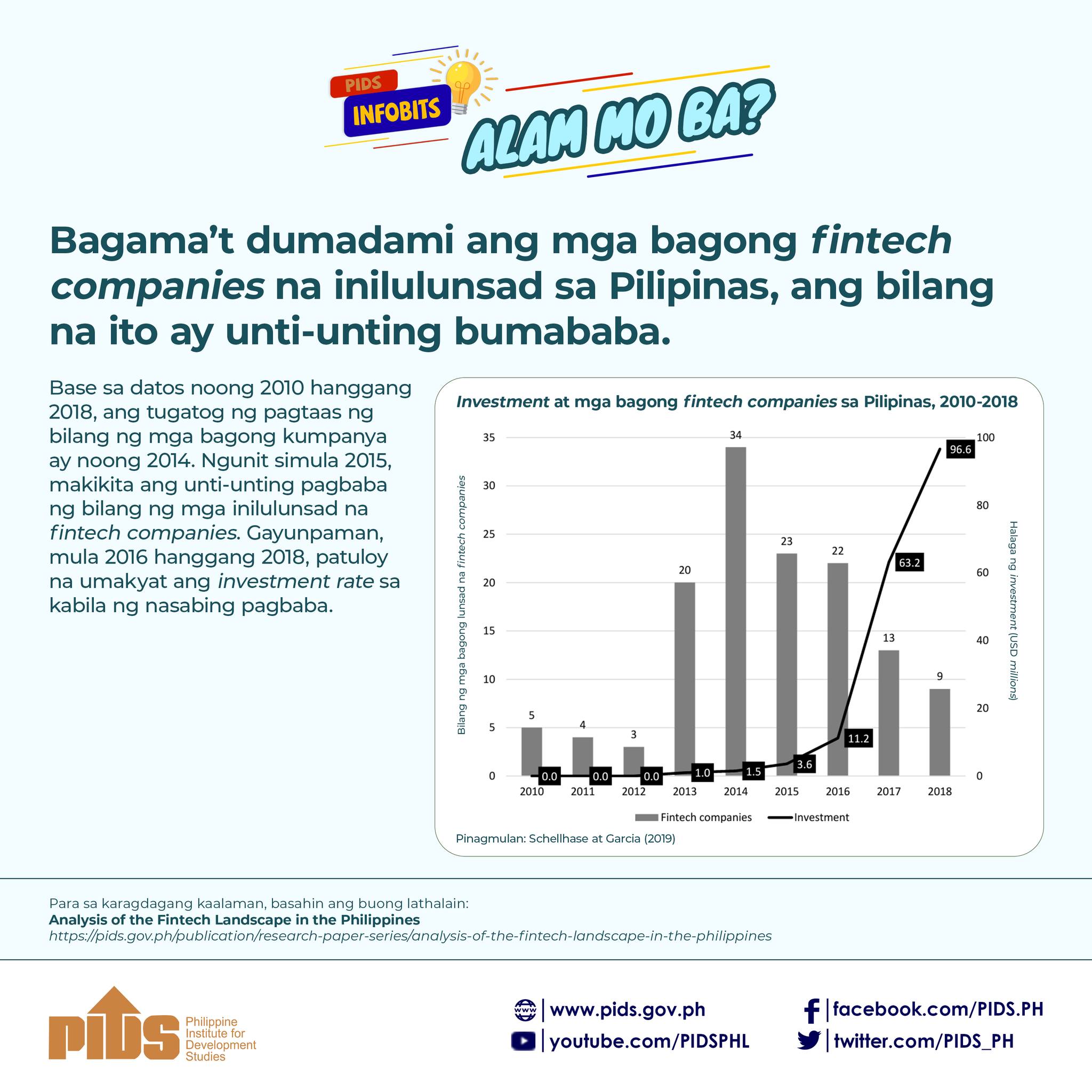Business enterprises cannot be forced to hire K-12 graduates, even after Vice President and Education Secretary Sara Duterte had called on the private sector to consider employing senior high school (SHS) graduates under the program, a business leader said Friday.
“We cannot mandate the private sector to hire K-12 if they are unqualified,” businessman Joey Concepcion said at the Laging Handa briefing.
“So if they are K-12, they passed it and they are qualified for the job, then I’m sure the private sector will hire them,” added Concepcion, founder of entrepreneurship advocacy group Go Negosyo.
In her speech at the Philippine Chamber of Commerce and Industry’s 48th Business Conference on Oct. 19, Duterte noted the hiring preferences among companies in favor of college graduates.
Duterte said the Commission on Higher Education (CHEd) had also made that observation, adding that “there is a diploma mentality in our country. Do applicants being considered by our industries need to be graduates of four-year college [courses]?”
She assured businessmen that the Department of Education was already working on how to make students in Grades 11 and 12 “ready for work and skills-ready when they graduate from the K-12 program.”
‘Final decision’
Concepcion maintained, however, that “the final decision in hiring them is really with the private sector.”
“So, yes, the private sector is open—at least from what I see—but on the condition that the person applying, whether or not he is just a graduate of K-12, will be qualified, will pass,” said the business leader, who served as presidential adviser for entrepreneurship in the administration of Rodrigo Duterte, the Vice President’s father.
Concepcion said he would hire K-12 graduates even if they didn’t go to college so long as they had the skills needed.
“So, the final decision will rest with the private sector, and we have to respect that, because they are the ones hiring,” he said.
The K-12 program was established by Republic Act No. 10533, or the Enhanced Basic Education Act of 2013—which added Grades 11 and 12 in the new, 13-year basic education system. With those additional two years, the program was aimed at further preparing students for college education and employment or self-employment.
PBEd, PIDS studies
Students could choose from any of the four disciplines under SHS—academic, technical-vocational-livelihood, sports, and arts and design—based on the studies they wished to pursue after high school.
For those who continued to higher education, the SHS curriculum was aligned with that of CHEd. The curriculum in college, in turn, had fewer units, as some of the subjects previously taught in that level were already introduced in SHS.
Before the K-12 program, the Philippines was the only country in Asia and one of three in the world (the other two being the African nations of Angola and Djibouti) which had a 10-year basic education program.
A 2018 study by advocacy group Philippine Business for Education found that students “theoretically” developed 93 percent of the competencies that were sought after in the country’s industries, such as critical thinking and problem-solving skills.
But another study by the group found that only about 20 percent of 70 of the leading companies across all sectors were inclined to hire senior high graduates.
Only a little over 20 percent of SHS graduates entered the labor force, while more than 70 percent went on to college, according to a 2020 study by the Philippine Institute for Development Studies on their employability.
The first batch of SHS students graduated in 2018, and those who pursued four-year college courses graduated this year.








